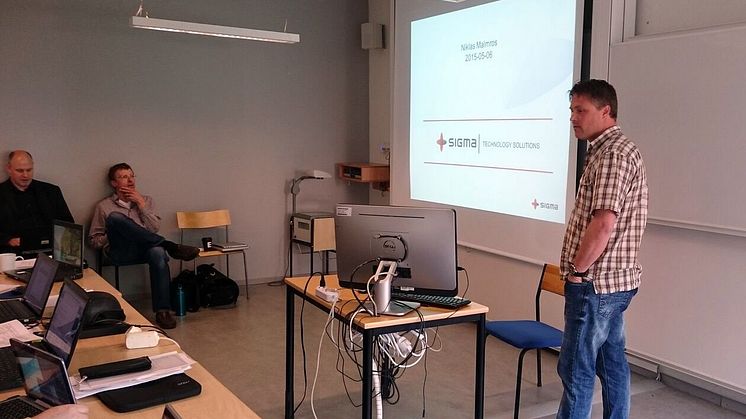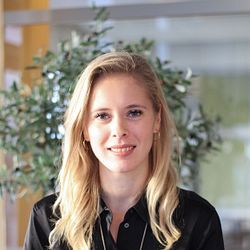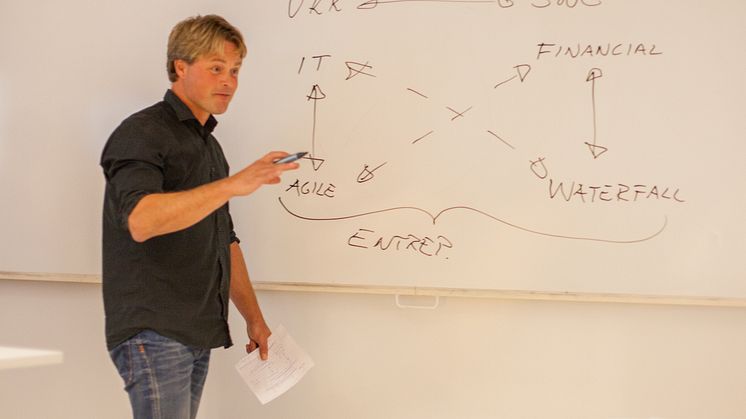
News -
IT-PUB and Entrepreneurship workshop from Sigma in Växjö
Sigma Technology Solutions hosted two events within the TEMPUS project in Växjö, Sweden. On May 5th, the company and Linnaeus University organized the IT-Pub — an event dedicated to shining light on the Tempus NEFESIE project. The next day, the Entrepreneurship & Innovation Workshop for Ukrainian professors from five TEMPUS partner universities was held.
The IT-Pub took place in the Sigma Technology Solutions’ office in Växjö. The event agenda included a presentation about Sigma Technology and its main activities, which was followed by a discussion on the Tempus project, led by Arianit Kurti, Project Coordinator and Associate Professor at Department of Computer Science at Linnaeus University.
“The objective of this project is to provide a strategic support and lasting impact on Ukrainian and Swedish higher education in establishing a structural change towards an educational system that promotes students’ creativity, innovation and entrepreneurship in the IT-related educational programs,” says Arianit Kurti. “The project runs its last year, and now we can draw preliminary results and show some success cases.”
On the next day, May 6th, Niklas Malmros, President at Sigma Technology Solutions, and Vladimir Beck, Board Member at Sigma Software, spoke about entrepreneurship for Ukrainian professors.
“Tempus is not only about helping students to be confident in their future. It is also about helping professors to plunge into the world of business and get an insight on what moves the companies further,” says Niklas Malmros.
The project "National Education Framework for Enhancing IT Students' Innovation and Entrepreneurship" started in October, 2012 and will run until October, 2015. The European Commission allocated €1 million to the Tempus program to support IT innovation and entrepreneurship among students. Among project members are business representatives from Sweden and Ukraine, Ukrainian and Swedish universities, as well as higher educational establishments from Ireland, the UK and Portugal. Coordination of the project lies on Linnaeus University (Sweden) and Kharkiv National University of Radioelectronics (Ukraine).

